How much trash is tossed – and recycled – in Switzerland?
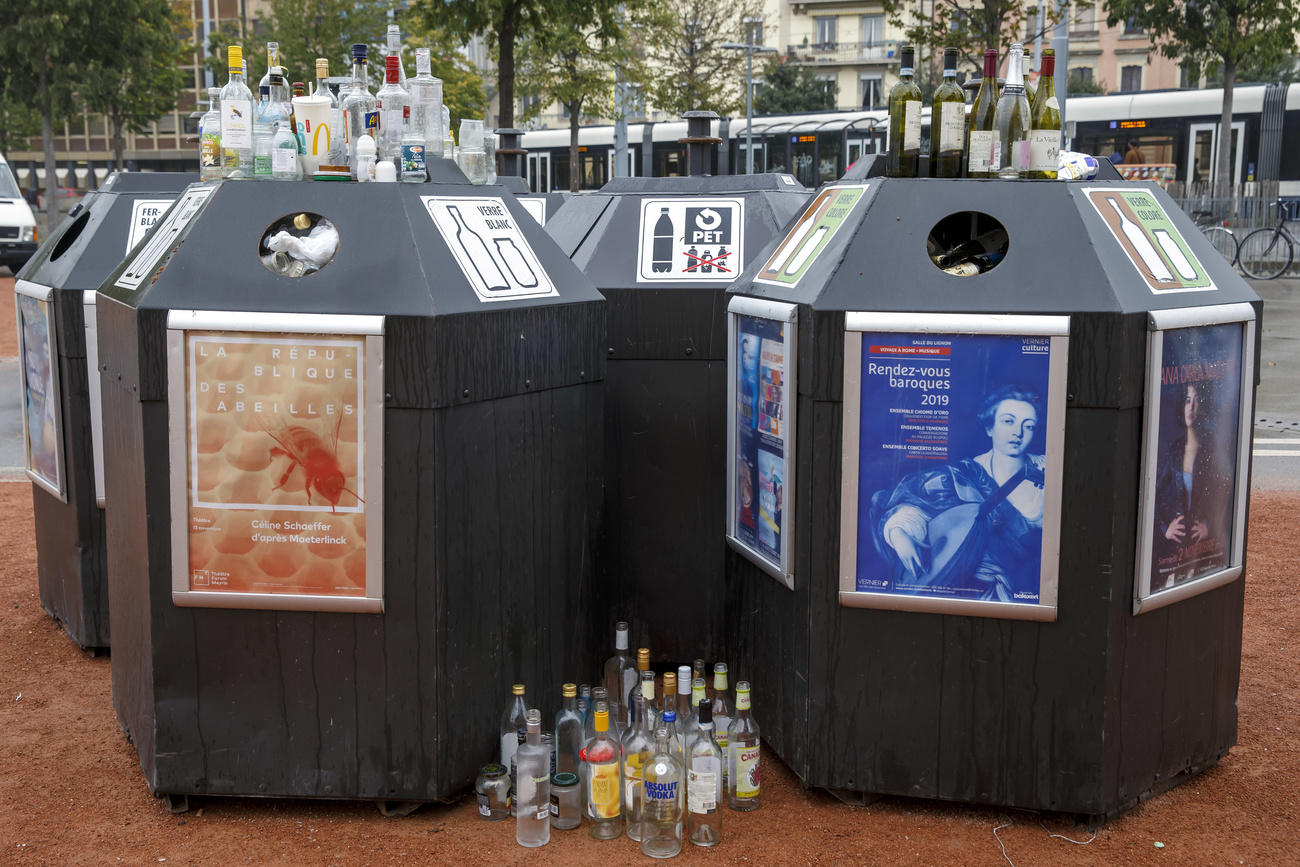
Each person living in Switzerland throws away on average over 700kg of waste per year – a lot more than most people in the world. However, they recycle more than half of it.
People in Switzerland jettison twice as much garbage as people in the Czech Republic, Japan, Poland and Costa Rica. According to the Organisation for Economic Co-operation and Development (OECD), the average OECD citizen threw away 525kg of trash in 2018. In that comparison, only New Zealanders (781kg), Danes (771kg) and Norwegians (736kg) filled more bins than the Swiss (705kg).* Colombia, last in the comparison, recorded average per capita waste of 240kg.
With a small surface area and mountains of garbage to deal with, it is not surprising that Switzerland has extensive recycling systems. Over the past 50 years, the volume of Swiss household rubbish has more than doubled. At the same time, the amount of household waste separated and collected for recycling has increased more than sevenfold – up to 52% in 2018. Switzerland stopped burying rubbish in landfills in 2000, which means that whatever’s not recycled is incinerated to generate energy.
In the 1990s, Swiss cantons began charging residents by the bag for garbage disposal. While this has encouraged people to save money by separating their rubbish, there are always individuals who try to save even more by stuffing their household trash into public bins, or dumping it out in nature or even over the border. Canton Ticino – bordering Italy – waited until 2017 to introduce a trash tax, and Geneva – which juts into France – has no plans to.
There’s generally no charge for recycling via public facilities. Most municipalities have collection points for plastic and glass bottles, food and beverage cans, and paper and cardboard. Others offer pick-up service for certain items – including compostable waste – on certain days. Supermarkets typically accept plastic beverage and cleanser bottles, as well as batteries, water filters and light bulbs. Railway stations are a good bet for paper, plastic PET bottles and drink cans. A few shops collect beverage cartons, and any electronics seller will take in e-waste for recycling. Charities collect old-but-serviceable clothing and shoes, passing the most tired textiles to the rag and insulation industry.
Whatever the system, public participation in Swiss recycling systems is generally quite good; however, a distinction must be made between collection rates and the actual recycling – or recovery – rates. For example, in 2019, people in Switzerland set aside 82% of their paper and cardboard for recycling, but only 68% was actually converted into new paper products, according to the Association for Paper and Cardboard Recycling.
For beverage containers the rates are higher, partly because the federal authorities could impose a deposit on cans and bottles if the recovery rate fell below 75%. In 2018, Swiss consumers recycled 94% of their cans and glass bottles, and 82% of their PET plastic bottles – which a handful of beverage bottlers in Switzerland are converting into new bottles labelled R(ecycled)-PET.
Collection trends
The Swiss capital recently introduced a system where residents can gather their recyclables in various bags and have them collected from their homes.
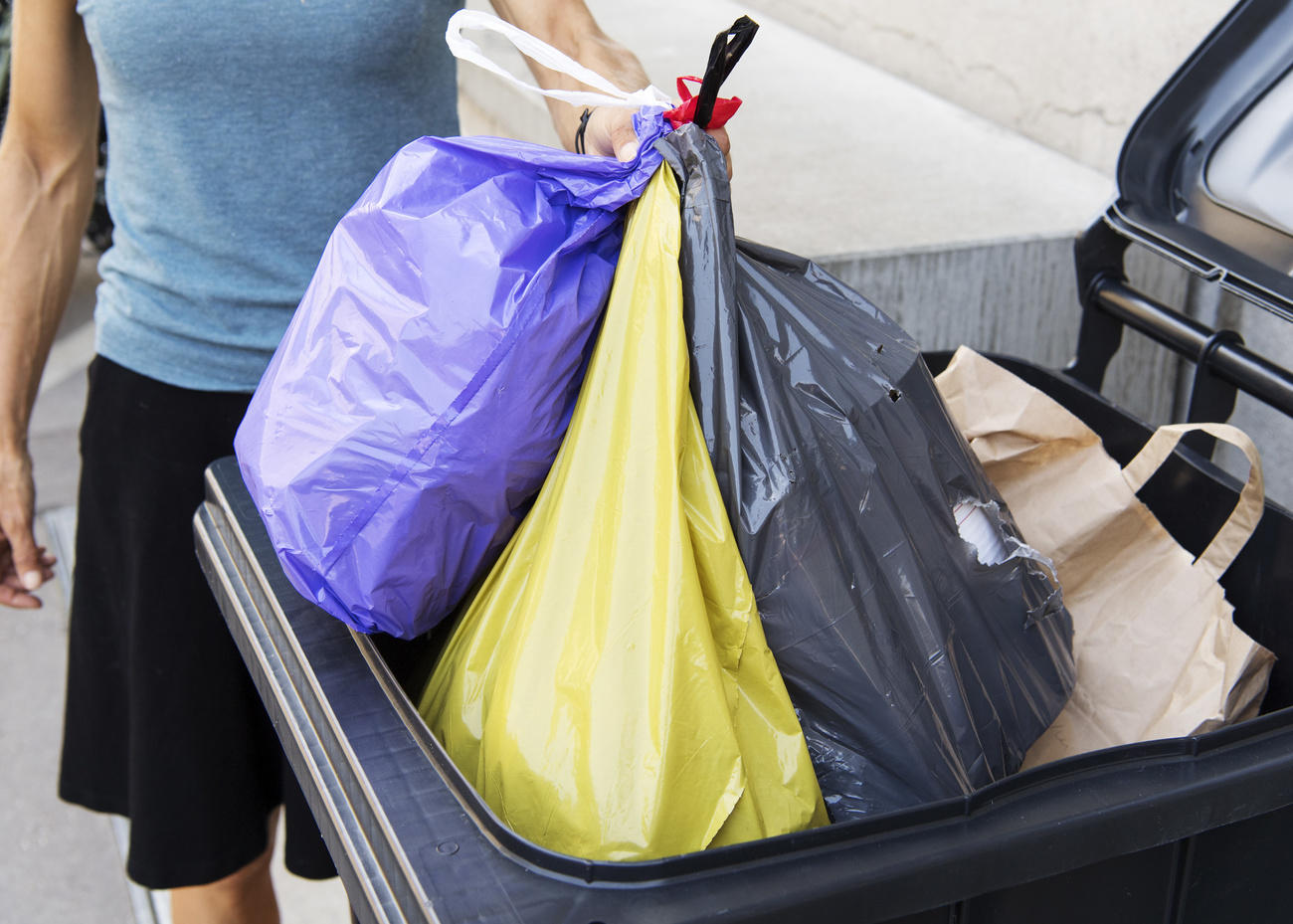
There are also private collection services which pick up and sort bags of mixed recycling [single stream] for a fee. Others focus strictly on plastic, accepting – for a fee – any kind of plastic with a recycling number, including those not typically accepted in Swiss shops or municipal facilities.
This video explains some of the challenges of plastic recycling:
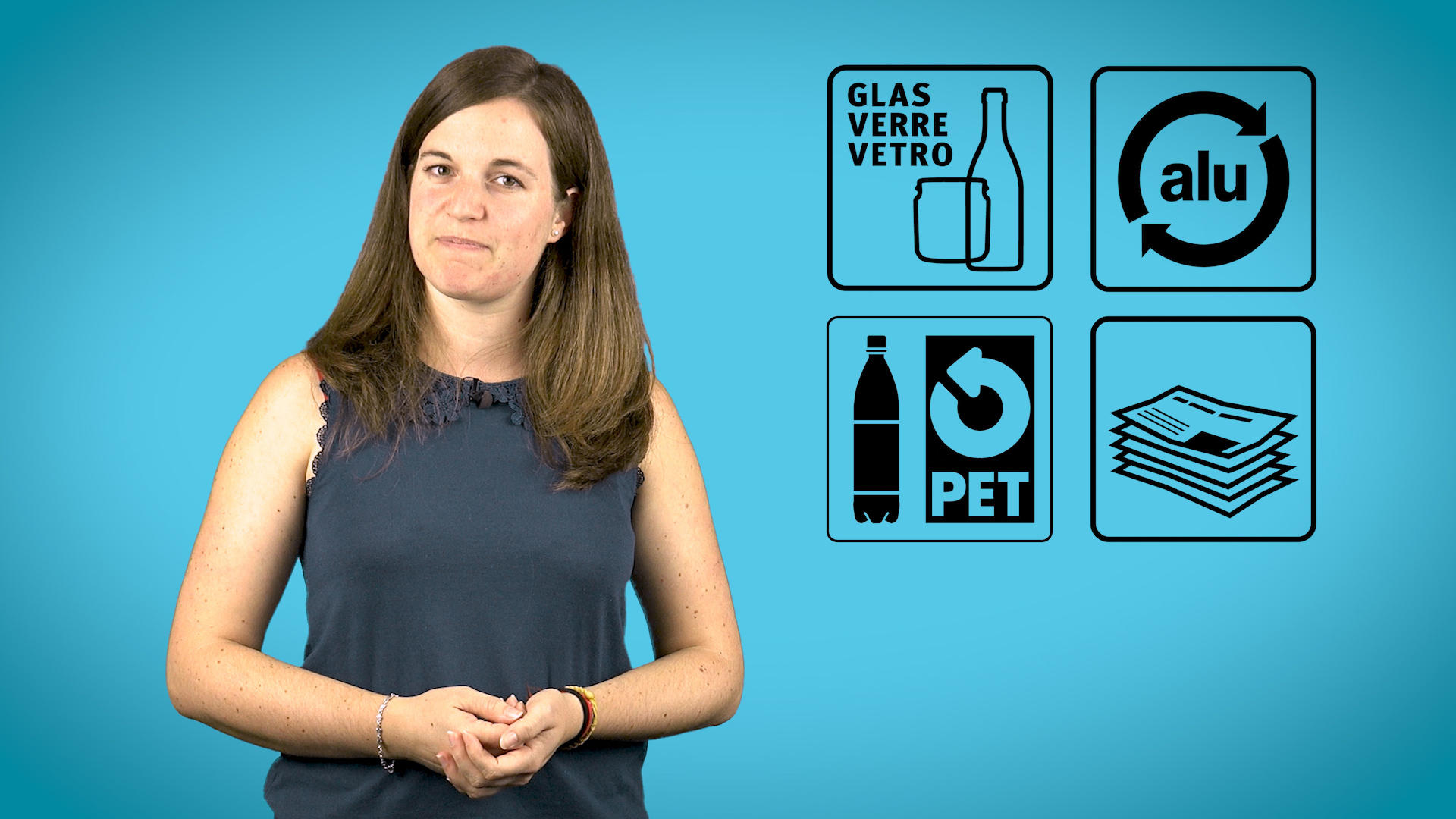
More
Why is plastic so hard to recycle?
* In the 2018 OECD studyExternal link, there was no data for the United States; in 2017, the rate was 743kg per capita.
How does recycling compare where you live? Let us know in the comments below, or contact the author on Twitter @SMisickaExternal link.

In compliance with the JTI standards
More: SWI swissinfo.ch certified by the Journalism Trust Initiative


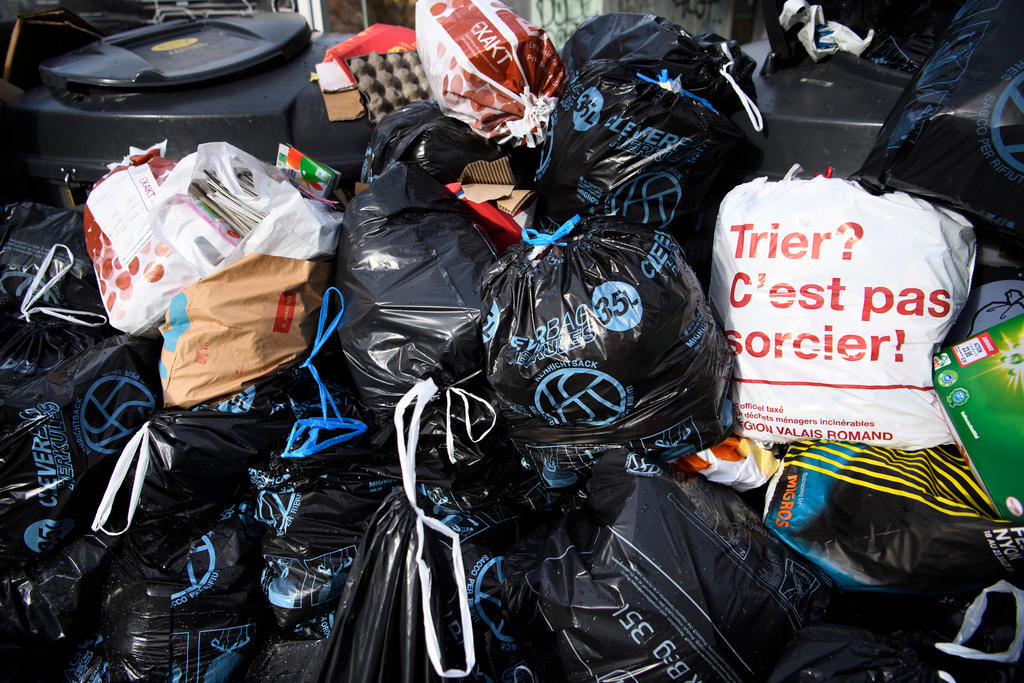

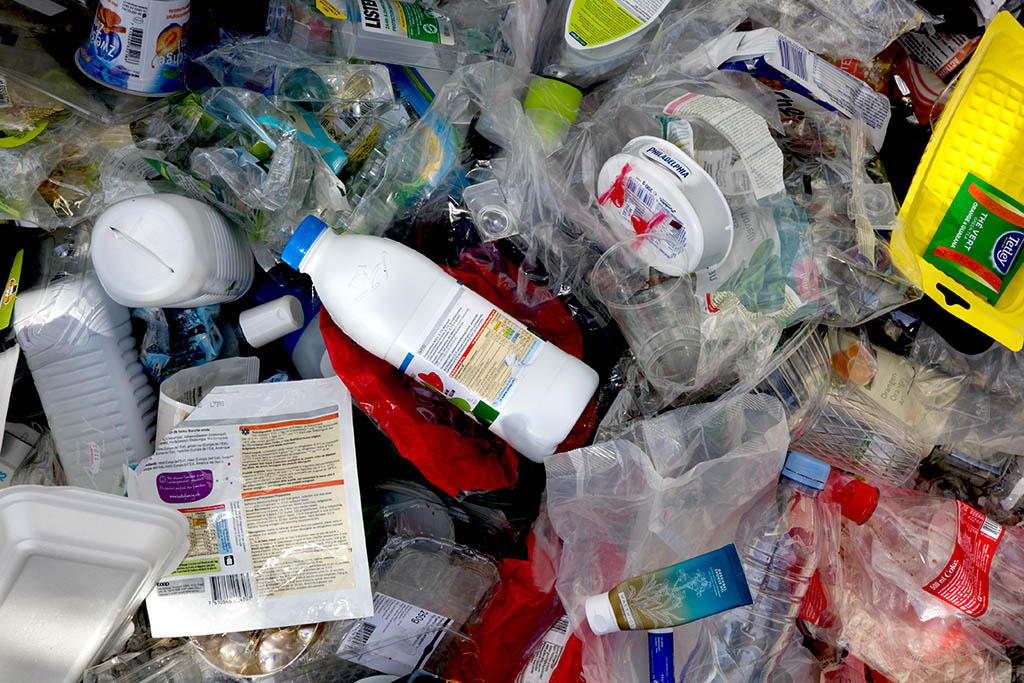
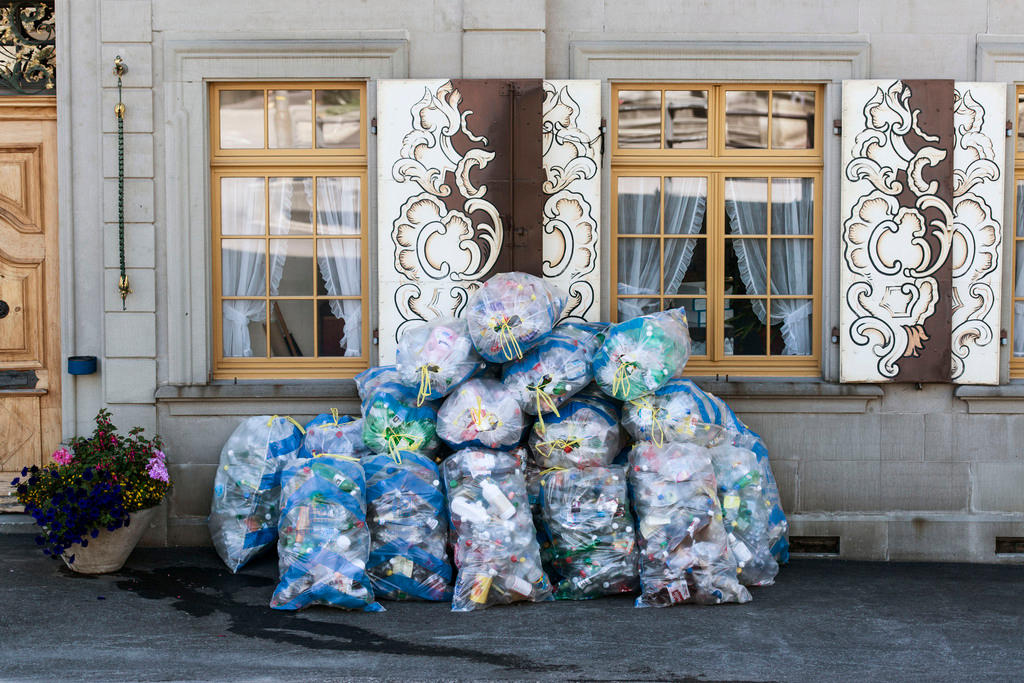
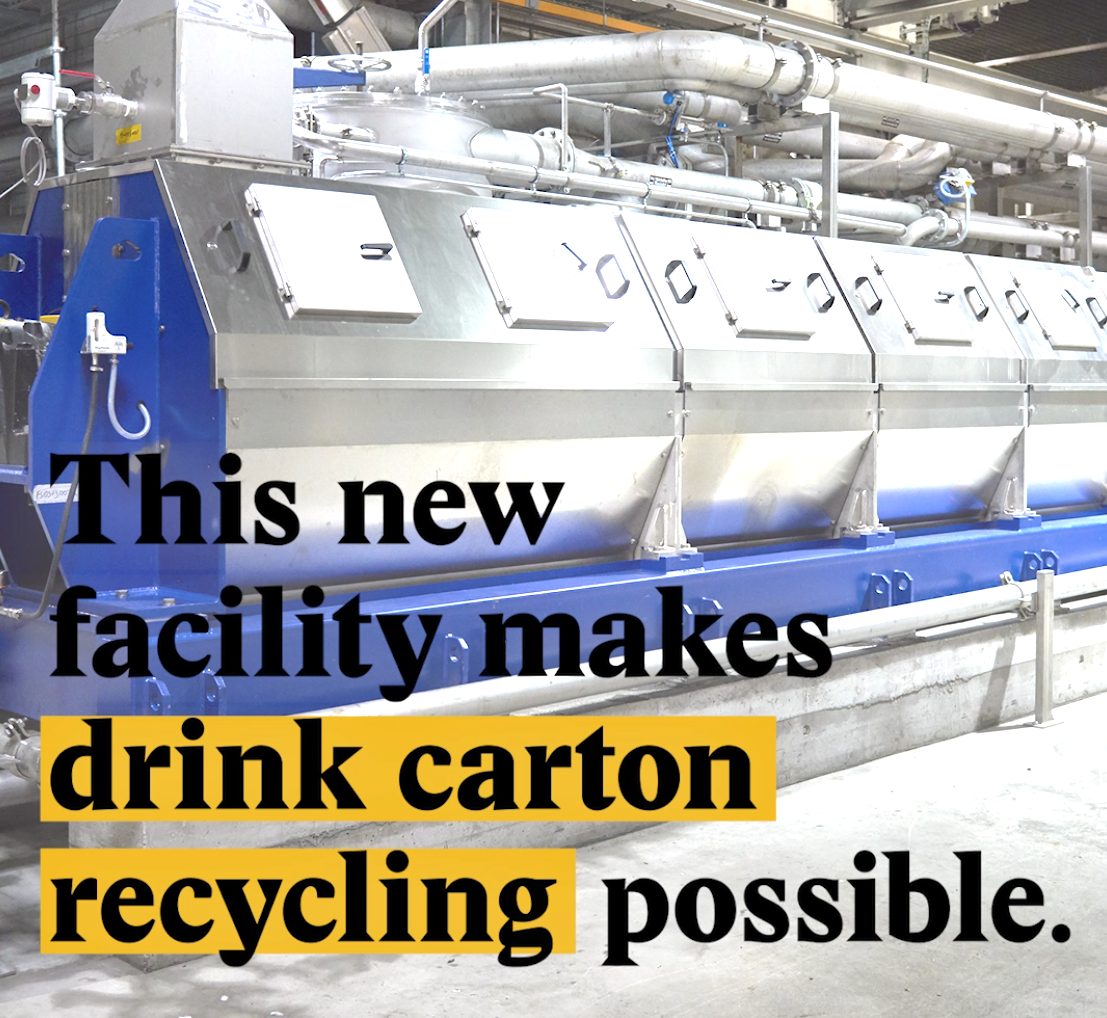
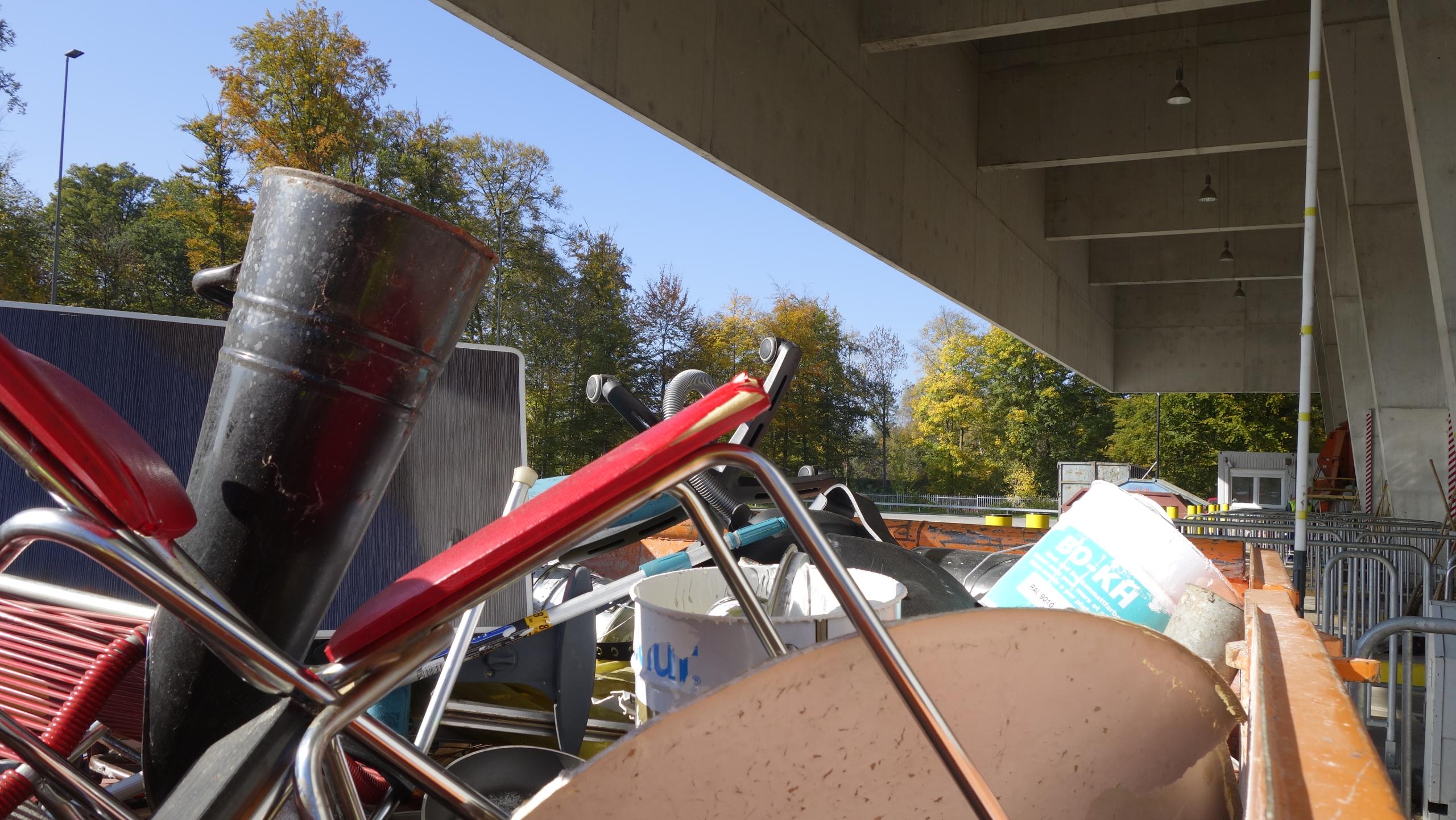
You can find an overview of ongoing debates with our journalists here. Please join us!
If you want to start a conversation about a topic raised in this article or want to report factual errors, email us at english@swissinfo.ch.